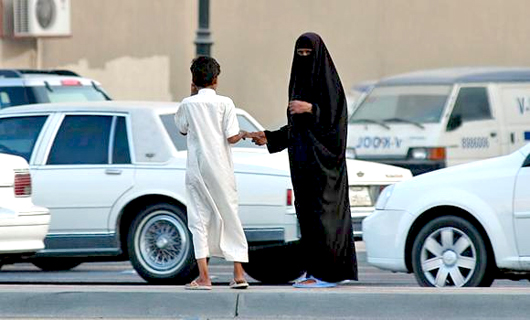Alkhobar, Mar 9: If you are approached by a well-clothed young man explaining his medical condition in fluent English, don’t dish out any money to help that “needy.”

Con men operating in the Eastern Province have taken beggary to a new level. Panhandlers of various nationalities, with a convincing tone, claim to be university students suffering from chronic diseases and in need of treatment.
These beggars in their 20s and 30s have been seen lately in the city’s Corniche area, close to restaurants, ready to approach diners.
According to witnesses, they carry around papers to prove they are students taking important courses at universities in the region.
They claim they are not asking for money for food or other needs, but to get treatment for chronic diseases. They even say they are ready to pay back any money given to them through their respective embassies in Riyadh.
Many of these con men claim they prefer to access medical care and treatment in government hospitals, which prohibit the treatment of expatriates. For treatment at private hospitals, they seek money from unsuspecting do-gooders.
“Such cases are handed directly by police and representatives of the Ministry of Social Affairs and Haia, who conduct field visits and hand over identified cases to relevant authorities,” Col. Ziad Al-Riqaiti, spokesman of the Eastern Province Police, told Arab News.
“It’s important to fight this phenomenon. Citizens and residents should not encourage that. If they are genuine needy, they should be reported to authorities concerned so that they are provided with assistance by the region’s charities.”
Meanwhile, police in the Eastern Province have arrested 278 beggars during the first quarter of the year, out of which 72 percent are Saudis, and the majority are women.





Comments
Add new comment